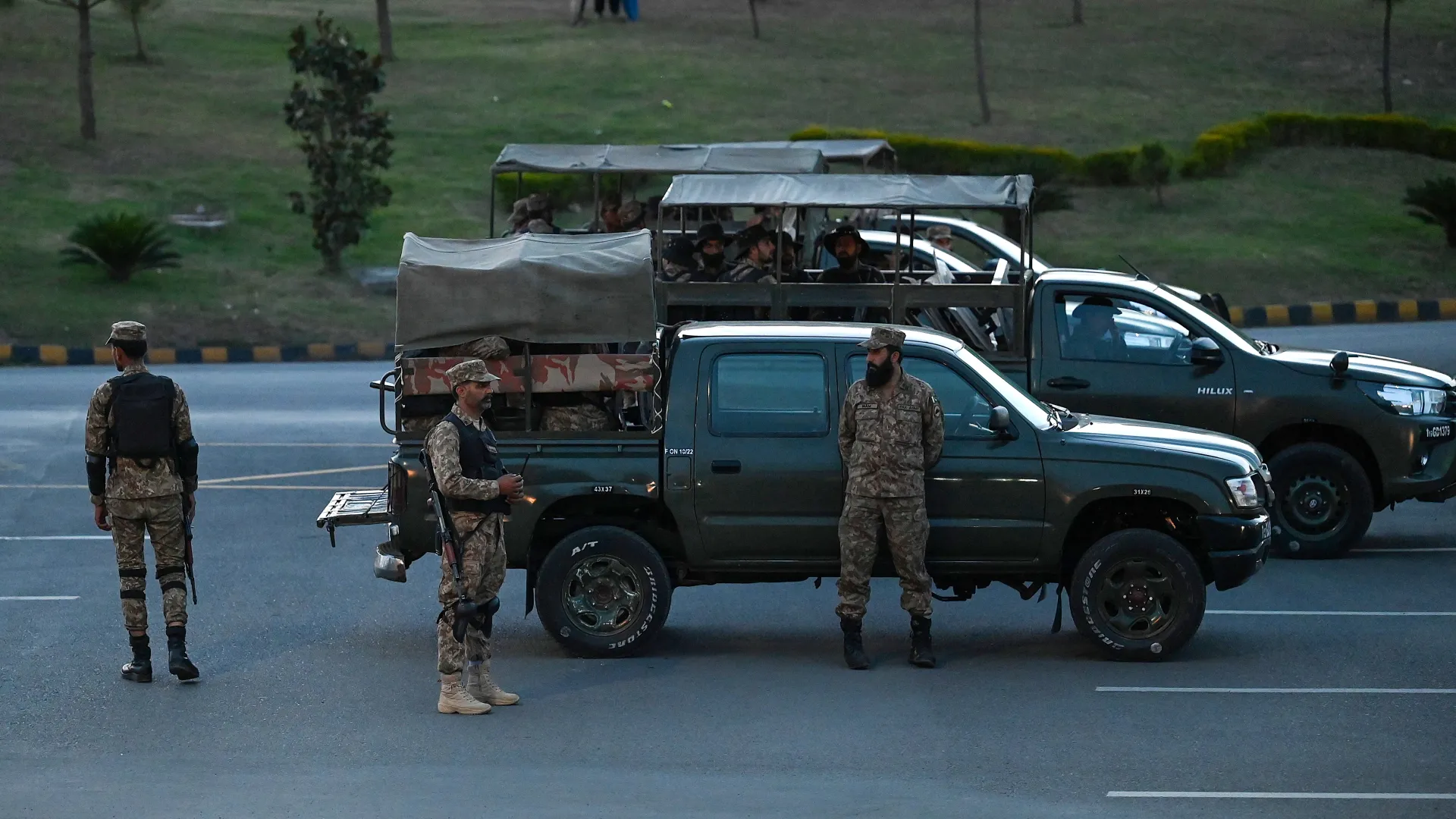In one of the deadliest attacks on Pakistani security forces this year, at least 16 soldiers were killed and more than two dozen people, including civilians and children, were injured in a suicide bombing targeting a military convoy on Saturday. The attack took place in North Waziristan, a volatile region in Pakistan’s Khyber Pakhtunkhwa province bordering Afghanistan.
According to local government sources and police officials, the bomber rammed an explosive-laden vehicle into the convoy. The powerful explosion caused widespread damage, including the collapse of nearby houses, injuring at least six children.
The suicide bombing was claimed by the Hafiz Gul Bahadur group, a faction of the Tehrik-i-Taliban Pakistan (TTP), also known as the Pakistani Taliban. The group’s suicide wing issued a statement taking responsibility for the attack.
Initially, 13 fatalities were reported, but the death toll was later confirmed to have risen to 16 by local authorities. The identities of the soldiers killed have not yet been disclosed, pending notification of their families.
Pakistan has seen a significant surge in terror attacks, particularly in its northwestern and southwestern provinces, since the Taliban’s return to power in Afghanistan in 2021. Islamabad has consistently accused the Afghan Taliban regime of allowing anti-Pakistan militant groups to operate freely from Afghan soil—an allegation the Taliban government denies.
The North Waziristan district has long been a hotspot for militancy and has witnessed numerous military operations by Pakistani forces in recent years. However, despite these efforts, incidents of terrorism continue to plague the region.
As per data compiled by AFP, around 290 people, mainly security personnel, have been killed in attacks carried out by insurgent groups in Khyber Pakhtunkhwa and Balochistan since the beginning of 2025.
The deadly blast has reignited calls for stronger border security and enhanced counter-terrorism intelligence. While no official response has been issued yet by Pakistan’s military or government, the attack underscores the growing threat posed by domestic militant factions with cross-border linkages.
The incident marks another grim chapter in Pakistan’s internal security challenges and is expected to heighten tensions between Islamabad and Kabul over militant sanctuaries near the border.











